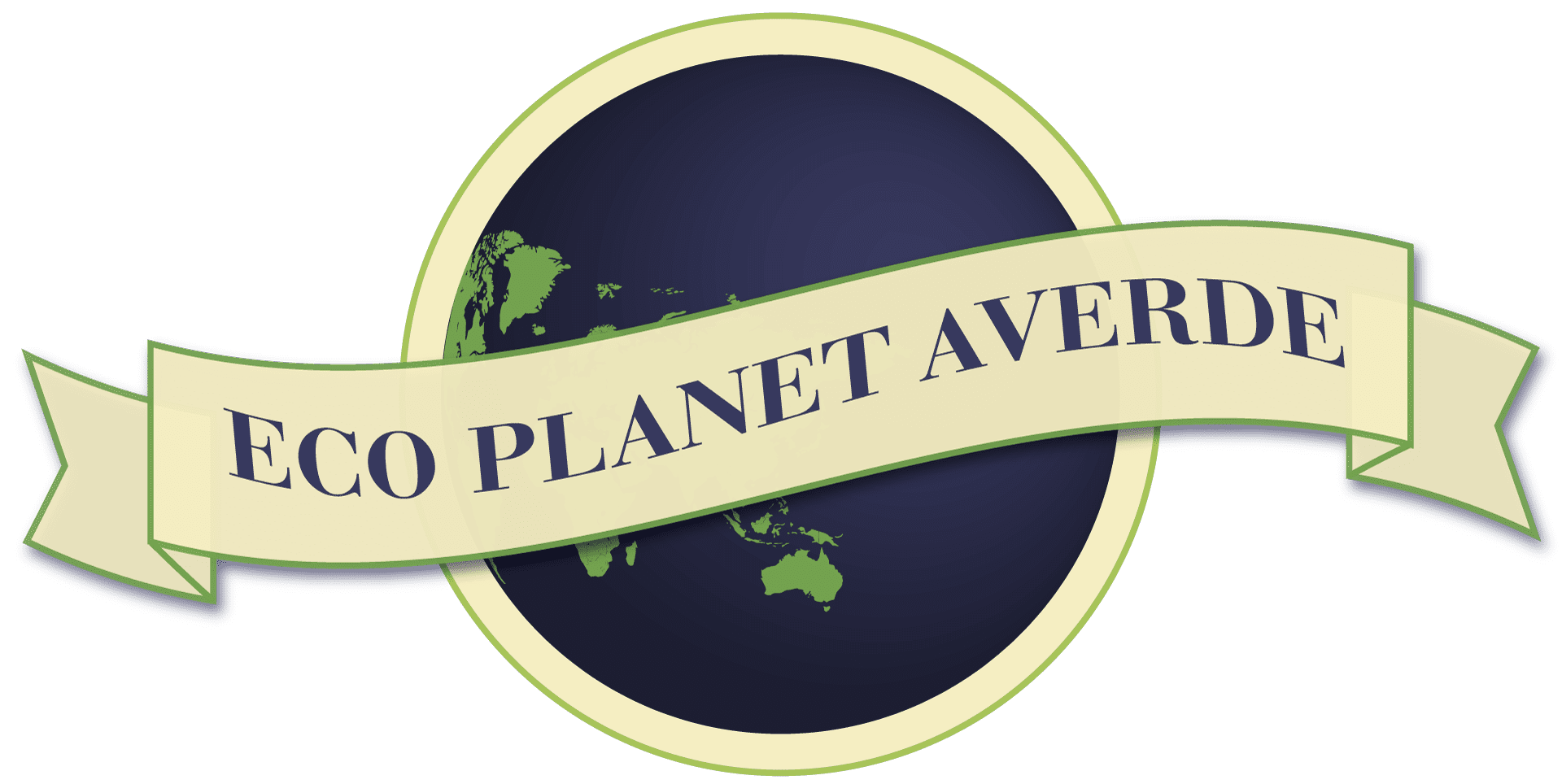As consumer awareness continues to evolve, the practice of ethical shopping has emerged as a cornerstone of modern, responsible decision-making. Ethical shopping encompasses a wide range of practices aimed at promoting fairness, sustainability, and social responsibility in the fashion industry. By prioritizing brands that uphold ethical standards, consumers contribute to the well-being of workers, the environment, and society as a whole. This article delves into the definition of ethical shopping, explores real-world examples, examines the impact of such practices, and evaluates the challenges and opportunities associated with making informed choices. From understanding the differences between fast fashion and slow fashion to assessing the ethical implications of shopping at major retailers like Target versus Shein, this guide provides a comprehensive overview of ethical shopping. Additionally, we’ll discuss the role of technology, the rise of ethical shopping apps, and the future of sustainable fashion. Whether you’re new to ethical consumerism or looking to refine your shopping habits, this article offers valuable insights and practical guidance for anyone seeking to make a positive impact through their purchasing decisions.

What is shopping ethically?
Shopping ethically refers to purchasing products and services that align with personal values, often focusing on social responsibility, environmental sustainability, and fair treatment of workers. It encompasses various practices aimed at promoting a better world through consumption choices.
Key Components of Ethical Shopping
- Sustainability :
Ethical shopping prioritizes products made in ways that minimize harm to the environment. This includes reducing carbon footprints, conserving water, and using renewable energy in production processes. Look for certifications like Fair Trade or Rainforest Alliance to identify sustainable options. - Fair Trade :
Fair Trade ensures that producers receive fair wages and working conditions. Products bearing Fair Trade labels are produced by workers who are paid fairly and work in safe environments. Brands like Patagonia and Tenaya Harvey are great examples of companies committed to Fair Trade principles. - Animal Welfare :
Ethical shopping can also involve choosing products free from animal cruelty. This includes clothing made without animal leather or fur, as well as cosmetics and household goods tested on animals. Look for Leaping Bunny or PETA-approved certifications. - Transparency :
Many consumers value brands that operate transparently. Companies that openly share their supply chain practices, raw material sourcing, and manufacturing processes are often preferred. Check for detailed product descriptions and ingredient lists to make informed decisions.
How to Shop Ethically
- Support Local Businesses : Purchasing from locally owned stores can reduce your carbon footprint and support community economies.
- Reduce Waste : Opt for reusable products and avoid single-use items.
- Advocate for Change : Use your voice to support causes you care about through petitions or social media campaigns.
By making conscious choices, you can contribute to a more equitable and environmentally responsible world. Explore our sustainable living guides for more tips and resources to enhance your ethical shopping habits.
Example of an Ethical Purchase
Ethical purchasing involves making decisions that align with values such as sustainability, fairness, and social responsibility. One common example is supporting fair-trade certified products, which ensure that farmers and artisans receive equitable compensation for their labor and goods.
For instance, purchasing organic cotton t-shirts supports environmentally friendly farming practices and avoids harmful pesticides. Another example is choosing recycled metal products, which reduce waste and conserve resources. Additionally, buying from local artisan markets helps sustain local economies and reduces the carbon footprint associated with long-distance shipping.
- Sustainable Fashion: Opting for clothing made from organic materials or produced in fair-trade facilities.
- Local Produce: Purchasing fruits, vegetables, and dairy products from nearby farms or farmers’ markets to support local agriculture.
- Eco-Friendly Household Items: Selecting products made from recycled materials, such as glass bottles or bamboo utensils.
- Certified Fair Trade Products: Buying items like coffee, chocolate, or jewelry that are certified fair trade to ensure ethical labor practices.
Ethical purchasing extends beyond individual items to include larger life choices, such as supporting renewable energy sources or investing in companies that promote ethical practices. By making conscious decisions, individuals contribute to a better world while benefiting from high-quality, responsibly produced goods.
To learn more about sustainable living and ethical consumption, visit our Sustainable Living Guide or explore our collection of Ethical Products .

Is It Ethical to Shop at Target?
When considering whether shopping at Target is ethical, it’s important to evaluate several factors:
- Labor Practices : Target commits to fair wages and safe working conditions for its employees.
- Environmental Impact : The company has made strides in reducing waste and increasing sustainable sourcing.
- Community Engagement : Target donates to various causes, including education and community programs.
- Transparency : The company discloses its ethical practices and supply chain management policies.
Target’s ethical standards extend beyond its operations, influencing how consumers perceive its brand. By supporting Target, you contribute to a business that prioritizes ethical practices and community involvement.
Comparing with competitors, companies like Walmart and Amazon also have ethical considerations. Each retailer has its strengths, and it’s essential to choose based on personal values and the specific ethical criteria important to you.
Eco Planeta Verde advocates for mindful consumption and supports brands that align with sustainable values. Shopping at Target can be part of an ethical consumer journey, especially when paired with awareness of its environmental and social initiatives.
For more information on Target’s ethical practices, visit our Ethical Practices page. Explore how other retailers measure up and discover ways to make your shopping decisions align with your values.

Is It Ethical to Buy Shein?
When considering whether it is ethical to purchase from Shein, it is essential to evaluate various factors, including labor practices, sustainability, and the company’s commitment to ethical standards.
Overview of Shein
Shein is a popular online fashion retailer known for its fast fashion offerings, which are often priced affordably. While the brand appeals to many consumers due to its trendy designs and low costs, its business practices have come under scrutiny regarding ethics and sustainability.
Ethical Concerns
- Labor Practices: Shein has faced criticism for allegations of poor working conditions in its supply chain, including reports of low wages and unsafe environments for workers.
- Sustainability Issues: The rapid production and disposal of fashion items contribute significantly to environmental pollution and carbon emissions. Shein has been slow to adopt fully sustainable practices compared to competitors.
- Plagiarism Controversies: In 2022, Shein was accused of copying designs from independent creators, leading to legal challenges and questions about its commitment to originality and creativity.
Alternatives to Shein
If ethical concerns are a priority, there are several competitors that offer stylish and sustainable fashion options:
- H&M : Known for its sustainable collections and commitment to fair trade, H&M offers a balance between affordability and ethical practices.
- Zara : While not perfect, Zara has made strides in sustainability and offers a wide range of stylish clothing at accessible prices.
- Gap : Gap provides classic styles with a focus on timeless design and responsible sourcing.
- Old Navy : Old Navy emphasizes inclusivity and sustainability, offering size-inclusive clothing and eco-friendly materials.
Conclusion
Whether or not it is ethical to buy from Shein depends on your personal values and priorities. If you prioritize sustainability and ethical labor practices, exploring alternatives like H&M, Zara, Gap, or Old Navy might align more closely with your beliefs. However, if you value affordability and trend-driven fashion, Shein remains a convenient choice, though it may require further research to understand its full impact on the environment and workers.
Is it OK to buy from Shein?
When considering purchasing from Shein, it’s essential to evaluate both the benefits and potential drawbacks:
- Pros:
- Affordable Prices: Shein offers stylish clothing at budget-friendly prices, making it accessible for many consumers.
- Trendy Options: The brand frequently introduces trendy and fashionable items that can update your wardrobe.
- Fast Shipping: They provide quick delivery, which is convenient for those needing outfits quickly.
- Cons:
- Sustainability Concerns: Shein has faced criticism for its fast fashion model, which raises ethical and environmental concerns.
- Inconsistent Sizing: Their sizing can vary, leading to returns for incorrect fits.
- Poor Quality Materials: Some customers report that the fabric and construction of their products may not last long.
If you’re looking for sustainable alternatives, consider shopping at Eco-Ali, Reformation, or Zara, which offer similar styles with a focus on ethical practices and quality materials.
Always ensure you’re comfortable with the brand’s values before making a purchase. Remember to check their return policy and size guide before ordering to avoid disappointments.

Why Are Shein Clothes So Cheap?
Shein’s ability to offer affordable fashion lies in several strategic approaches:
Efficient Supply Chain Management
Shein works closely with manufacturers to secure materials at lower costs, minimizing overhead expenses.
High-Volume Production
Their fast fashion model enables rapid production, allowing them to achieve economies of scale and reduce per-unit costs.
Lean Pricing Strategy
They operate on thin margins, selling products primarily at cost with minimal profit, enabling competitive pricing.
Aggressive Marketing and Sales
Regular discounts, flash sales, and targeted marketing campaigns attract price-sensitive consumers.
Sustainability Criticisms
While their low prices appeal to many, there are concerns about ethical practices and environmental impact affecting their supply chain.
In conclusion, Shein’s success is driven by efficient operations, high-volume production, and strategic pricing, making their clothing accessible to a broad audience while addressing critiques through continuous improvement efforts.




0 Comments